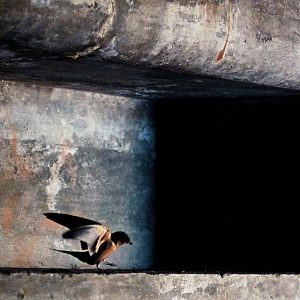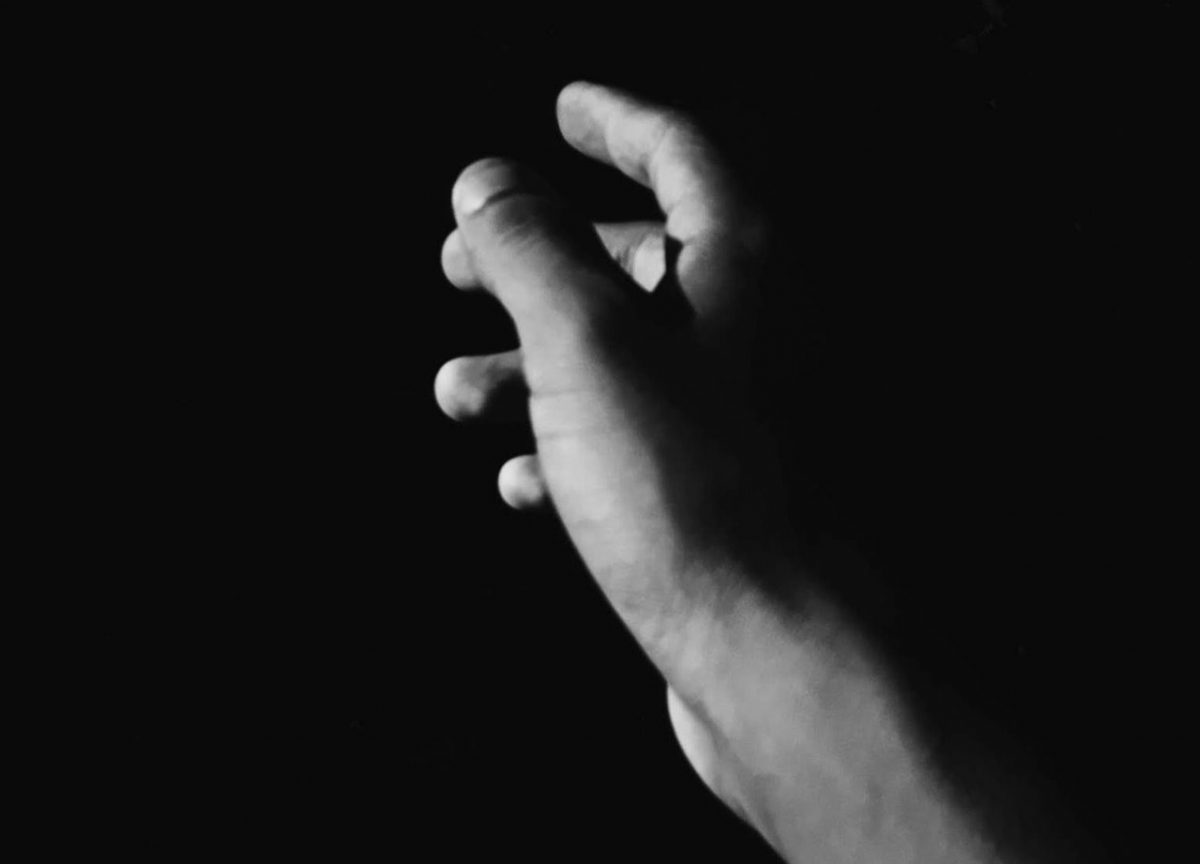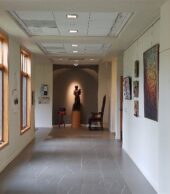Darkness as Essential to Transformation
I have often described myself as a transformation junky. The resurrection narrative has always been my deep draw to the Christian faith. I believe in Martin Luther King’s view, that “the arc of the moral universe is long but it bends towards justice,” and I have worked for that justice and even, at times, seen glimpses of its glory. Transformation is also central to me as a person in recovery. I trust deeply in narratives of redemption as I have seen miracle after miracle emerge from people’s stories. And, personally, I tend to leave my metaphorical backdoor cracked open, assuring myself that there is always an exit available when something is running amok in my physical or spiritual home. I have always believed that things will simply work out if I remain patient.
In the past few years, however, something has changed. I have experienced areas in my life where I cannot see the light through the darkness. A relationship that I aspired to fix seemed to remain completely broken. AIDS finally took a life that was precious to me after decades of lurking in the shadows. A loved one died of alcoholism. My own character flaws—the ones I thought I would transcend by now—have stayed constant. Oppressive systems I have fought against have become even more entrenched.
Welcoming More Emotions
During these darker times, I have been waking up to the hard reality that overcoming is not always possible. I was backed into a different understanding of transformation, which allowed me to forge a new spiritual path. Instead of waiting for the new day to dawn, my experience has taught me to hone my night vision. Being able to see more clearly in the dark has increased my capacity to move through it with more grace and power. Learning from other spiritual traditions has been a help. Buddhists believe our spiritual height is not transcending sin and death but living with peace amidst it. The Sufi poet Rumi argued against my practice of leaving the backdoor ajar in his poem The Guest House when he writes,
This being human is a guest house.
Every morning a new arrival.A joy, a depression, a meanness,
some momentary awareness comes
as an unexpected visitor.
Welcome and entertain them all!
Even if they are a crowd of sorrows,
who violently sweep your house
empty of its furniture,
still, treat each guest honorably.
He may be clearing you out
for some new delight.The dark thought, the shame, the malice.
meet them at the door laughing and invite them in.
Be grateful for whatever comes.
because each has been sent
as a guide from beyond.
Learning to engage my full range of emotions, “welcoming and entertaining” them, has become a spiritual practice for me. When I allow myself to stay with harder emotions, I feel less inspirational, perhaps, but a lot wiser. Befriending suffering instead of evading it draws me closer to others with woes and losses and draws me nearer to a world that suffers. Befriending the full range of emotions also prepares me to welcome moments of delight and triumph as in-breaking bursts of joy. When I am faithful to this practice, I am able to experience life fully as it comes—the joy, the sorrow and everything in between.
Becoming More Comfortable at the Edges
I still believe in transformation. But now I understand better that getting to a place of forgiveness and gratitude often happens closer to the edges and at a pace slower than I prefer. I rejoice in this gift of inner transformation when the world will simply not bend in my favor. As I try to embrace what the darkness needs to teach me, I feel like a crepuscular, an animal most active at dawn and dusk. Deer, bear, owls and even house cats are most active when light and dark are shifting. I imagine they feel most safe in the shadows. I, too, am starting to feel more comfortable at the edges of darkness and light, becoming conscious and alert to what has been, accepting what is, and anticipating what is to come.
Transformational moments in Jesus’ ministry also happened in this space between light and darkness: the women find the stone rolled away at dawn; the resurrected Jesus visits the fishing disciples at daybreak; both moments when all hope seemed to be lost. So much spiritual power moves in the in-between spaces. I might even go so far as to say that my favorite darkness is no longer dawn, finding light clearly on the horizon, but twilight, when and I can move with curiosity and bravery into the unknown.
I am still a transformation junky but now I anticipate that new life rarely comes as I expected. I am learning to trust that God is no stranger to darkness and that is precisely why darkness has its own transformative powers.
 Related Conversation . . .
Related Conversation . . .
I hope you can join us on Friday, December 6, 9a-3p. Kiely Todd Roska and I will be leading a workshop called Reclaiming Darkness as Essential to the Spiritual Life at the Benedictine Center. During the event, where we will gather with others who are interested in exploring what wisdom darkness has to teach us as we enter the coming Advent season.






